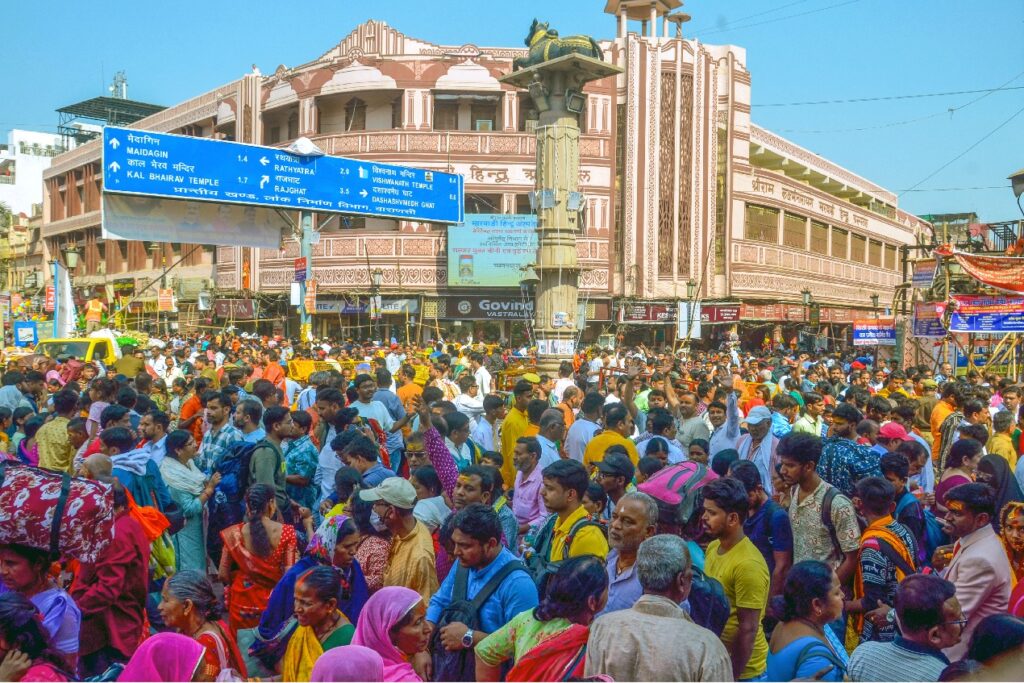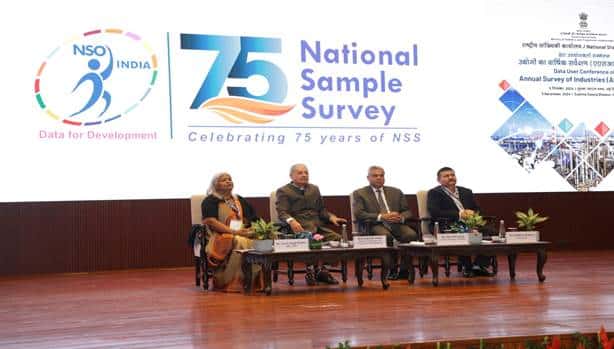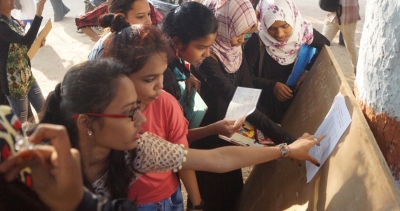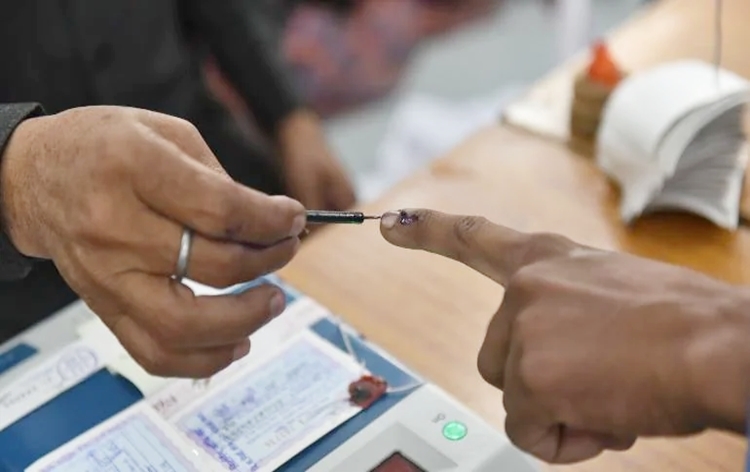India’s National Highways see 60% growth in a decade, becoming world’s second largest network
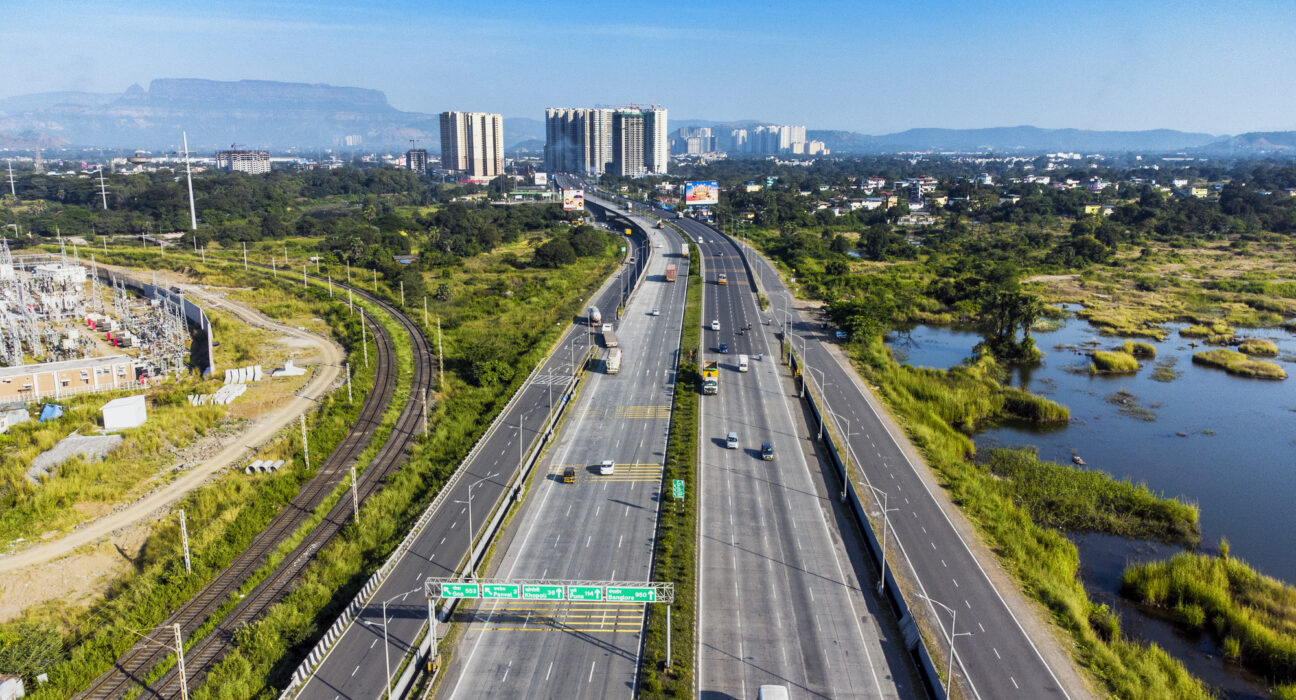
India’s National Highway network has grown by 60% over the past decade, expanding from 91,287 km in 2014 to 146,195 km by 2024, as per the Ministry of Road Transport and Highways (MoRTH). In addition, high-speed corridors have surged from 93 km to 2,474 km, significantly enhancing road connectivity across the nation.
Externally Aided Projects, funded by the World Bank, JICA, and ADB, have made remarkable progress, with 2,540 km completed out of the planned 3,105 km as of November 30, 2024.
The Cabinet Committee on Economic Affairs has approved eight major National High-Speed Corridor projects spanning 936 km, with a total investment of Rs. 50,655 crore, generating 4.42 crore man-days of employment. During FY 2023-24, NHAI raised Rs. 42,334 crore through the monetization of four Toll Operate and Transfer (TOT) bundles.
As part of the Bharatmala Pariyojana, 35 Multimodal Logistics Parks are being developed with an investment of approximately Rs. 46,000 crore. Once operational, these parks will handle 700 million metric tonnes of cargo. Among them, 15 priority MMLPs will receive Rs. 22,000 crore in investments. Key developments include the Jogighopa MMLP in Assam, as well as projects in Chennai, Indore, Bangalore, Nagpur, and Jalna.
The Port Connectivity Masterplan identifies 59 critical infrastructure projects covering approximately 1,300 km to enhance last-mile connectivity to operational and under-construction ports, boosting trade and logistics.
Road safety remains a high priority, with corrective measures completed at 13,795 accident-prone blackspots. New vehicle safety regulations, including mandatory airbags for front-seat passengers and speed limiters for commercial vehicles, have been implemented.
The All India Tourist Permit (AITP), developed by NIC under MoRTH, simplifies interstate travel by allowing tourist vehicle operators to transport passengers and luggage across the country with a single permit. This initiative enhances mobility and supports tourism by eliminating the need for multiple permits.
Technological advancements also played a key role, with the e-Transport project centralizing transport services and the FASTag system improving toll collection efficiency. Over 10.1 crore FASTags were issued during the year.
Environmental initiatives included the Vehicle Scrapping Policy, with 80 Registered Vehicle Scrapping Facilities operational across 19 States/UTs, and 66 additional centers under construction. Moreover, safety standards for Electric Power Train Construction Equipment Vehicles have been enforced.
Internationally, MoRTH participated in the BRICS Transport Ministers’ Meeting and engaged in a bilateral working group with Russia, focusing on roads and intelligent transport systems. Citizen-centric initiatives included a cashless treatment scheme for accident victims and the launch of faceless transport services using Aadhaar authentication and AI-based facial recognition.
Noteworthy projects were inaugurated by Prime Minister Narendra Modi, including the 2,320-meter-long Sudarshan Setu Bridge in Gujarat, enhancing regional connectivity.
Minister for Road Transport and Highways, Nitin Gadkari, also launched several National Highway projects, further contributing to economic growth and regional connectivity.



